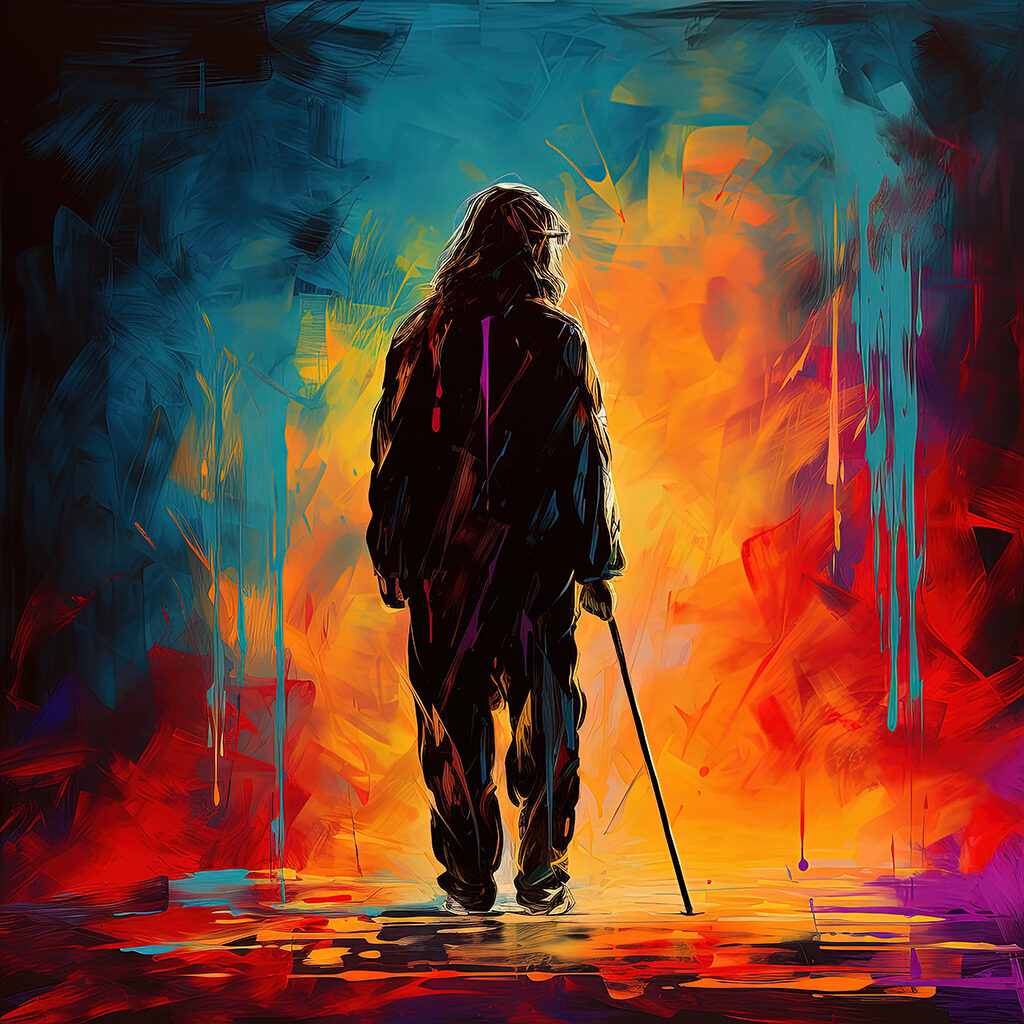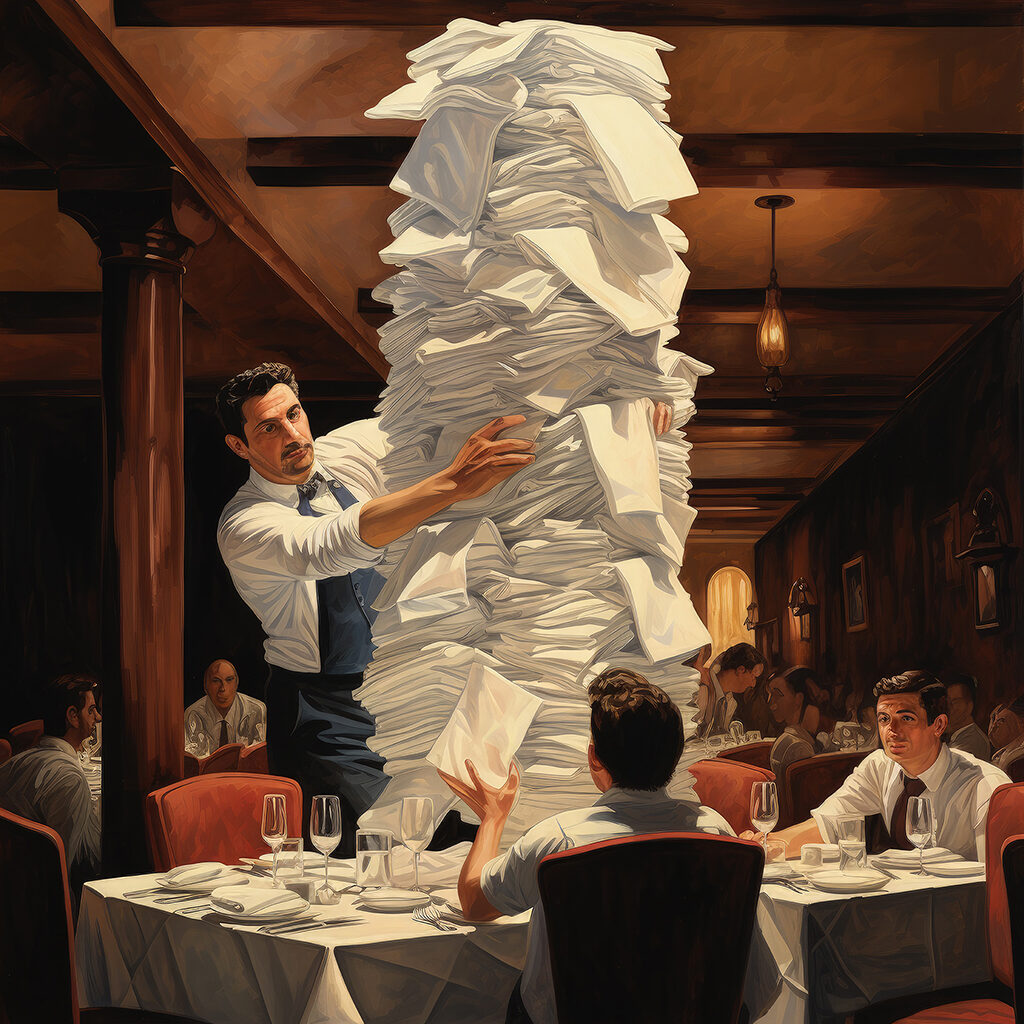Many sighted people consider themselves allies to blind or visually-impaired individuals, but few truly understand what their counterparts go through on a daily basis.
Approximately 6 million Americans have vision loss and 1 million have blindness, which currently has no cure. To live with conditions that hamper one’s eyesight is a personal and often challenging situation that can be hard to fully understand if you don’t experience it for yourself.
To bridge that gap, Ora, an ophthalmology clinical trial research organization, teamed with the BlindCAN Film Festival to launch the Blind Canvas Project earlier this month. The festival’s name plays off the idea that people living with blindness can do anything — and offers a nod to the Cannes Film Festival.
The multimedia project involves storytelling from patients living with visual impairments and leverages generative artificial intelligence to accurately display the blindness experience for a broader, sighted audience.
After interviewing participants about their experiences living with blindness or low vision, prompts were submitted to an AI image generator. This, in turn, created the art featured in the Blind Canvas Project.
The program emerged from a meeting between Ben Fox, a blind filmmaker and founder of BlindCAN, and Steve Holt, Ora’s creative director of global marketing, at the Association for Research in Vision and Ophthalmology in New Orleans earlier this year. The pair connected over the idea of using AI-generated art to inspire the blind community and bring hope through their stories.

While some have questioned whether the technology could ultimately replace artists, Holt countered that this project is not trying to visualize the lack of vision. Rather, its intent is to paint a picture.
Fox added that a key component of the project was keeping the images focused on a person’s story, thus maintaining the authenticity of her words.
“The Blind Canvas Project is more than AI-generated pictures on the wall,” he explained. “The entire experience is art. People that are blind have wanted to share their stories and their families are moved by the way that we were able to concisely sum up so much.”

When asked which piece was his favorite in the series, Fox pointed to Napkin, Please, which depicts a waiter bringing a towering pile of napkins to a table of two businessmen who look on in silent disbelief.
The art was inspired by a foundational quote from participant Wayne Pearcy: “I’ll ask, ‘Can I have some napkins?’ And they’re like, ‘Sure.’ And they’ll bring me like a whole Bible’s worth of them.”
Fox said Napkin, Please cuts to the core of what the Blind Canvas Project is all about. “The art itself is the experience of hearing the story and then seeing the picture. The picture is only half of the art and now people can experience both. They get to see what it’s like to work with a team to create something powerful,” he said.

Holt said the project has already achieved its goal of raising awareness of blindness and highlighting its effects on a human level. Up next: Following the stories of the people who participated in the first incarnation of the project and expanding its reach to other mediums and disease states.
“The more that we can reach out to different people with different perspectives and different diseases to share their feelings around the impact those conditions have had on their lives, the better,” he said.







